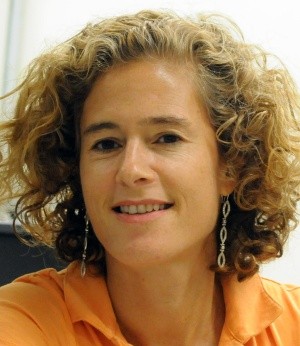
Dr. Keren Bergman
Silicon photonics has the potential to transform HPC: it’s a dual-threat interconnect technology that could – if and when it is wrestled into commercial, cost-effective form – move data within chips and systems much faster than conventional, copper-based interconnects while also delivering far greater energy efficiency. Venture-backed start-ups and established tech companies (HPC, NVIDIA, AMD and Intel, to name four) have mounted significant R&D efforts.
In this episode of the @HPCpodcast, Shahin and Doug spoke with a leading silicon photonics expert, Keren Bergman, Columbia University’s Charles Batchelor Professor of Electrical Engineering, Faculty Director of the Columbia Nano Initiative, and Principal Investigator of the university’s Lightwave Research Laboratory. Prof. Bergman is the recipient of the 2016 IEEE Photonics Engineering Award and is a Fellow of Optica (Optical Society of America) and of IEEE.
We cover a range of topics, including: the main barriers to the technology’s commercial readiness, silicon photonics vs. fiber optics in telecommunications, the use of photonics communication vs. computation, what aspects of light are used to achieve efficiencies, packet switching vs circuit switching, current advances and speeds, economic considerations and likely first uses, supply chain, fabrication, assembly, and packaging technologies. We also ask Prof. Bergman for a predicted timeline for silicon photonics’ commercial availability.
You can find our podcasts at insideHPC’s @HPCpodcast page, on Twitter, at the OrionX.net blog, on iTunes, and on Google. Here’s the OrionX.net podcast page, and the RSS feed.
We welcome your ideas for special topics and guest commentators. Feel free to contact Doug Black or Shahin Khan with your suggestions.




Eloquent but more important, insightful commentary, as always!
I enjoy her talks and perspective, and glad she emphasized a need to improve efficiency of light sources.